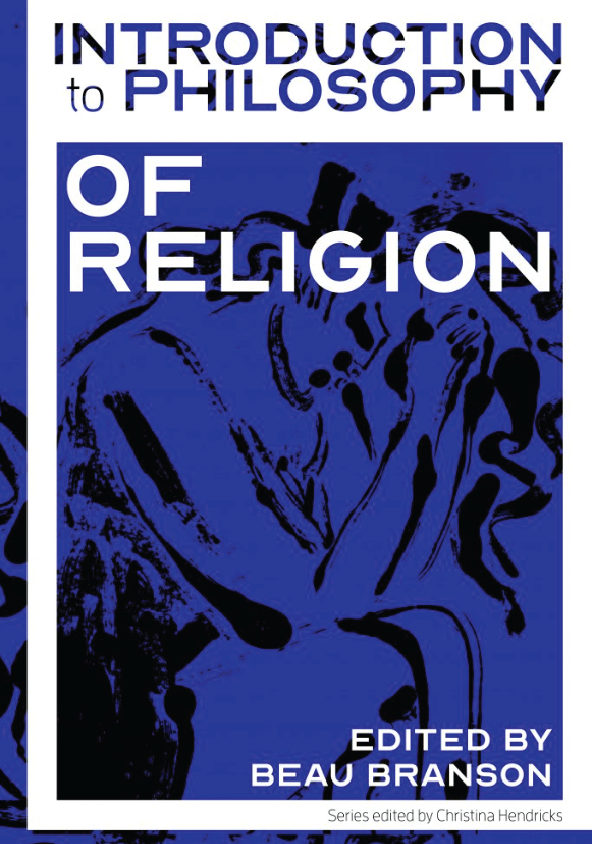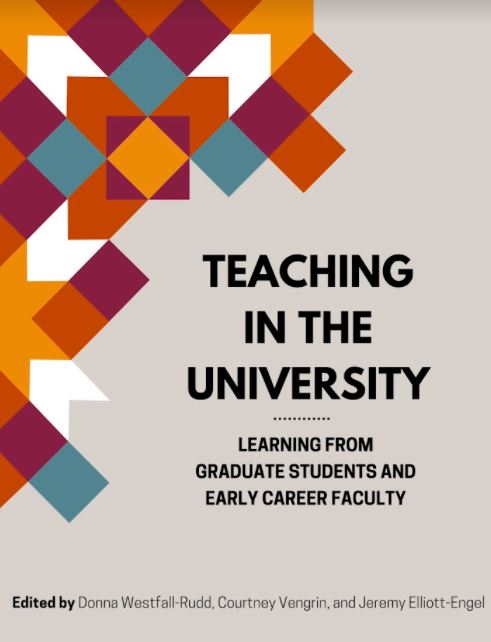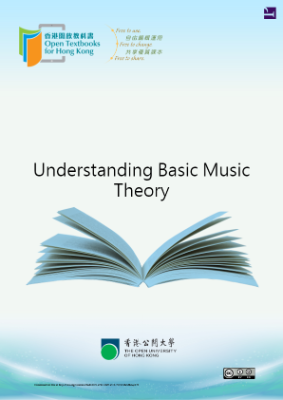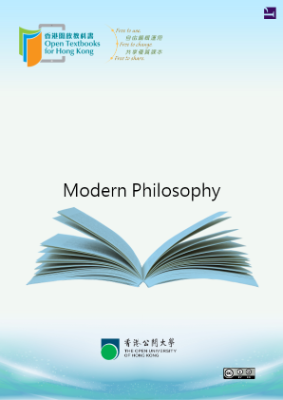This short book mostly covers some of the more influential, or just interesting, arguments for and against belief in God. There are many other interesting philosophical questions that arise in the context of specific theological commitments (some philosophers would categorize these arguments under the heading of “philosophical theology” rather than “philosophy of religion”). For example, is the specifically Christian doctrine of the Trinity (which says there is one God, but three divine persons) logically coherent? Is the specifically Islamic view of God’s providence and control over the universe compatible with free will, and moral responsibility along with it? Is the specifically Protestant doctrine of sola scriptura (“the Bible alone”) self-contradictory, if the Bible itself doesn’t explicitly teach it? Can we make coherent sense of the specifically Buddhist doctrine that, after death, the arhat or enlightened person, does not continue to exist, does not cease to exist, and does not do both or neither? And many more such philosophical puzzles about specific religious or theological doctrines could be asked. However, in this short introductory text, we are mostly introducing some general arguments about belief in God more broadly rather than delving into other, more specific religious doctrines. The first chapter clears up some misconceptions about the relation between philosophy and religion. The second and third chapters cover some influential arguments for belief in the existence of God, and the fourth and fifth cover some influential arguments against belief in the existence of God. The final chapter, on the other hand, questions how well this “general” approach to philosophy of religion accommodates various world religions, and critiques the very approach we are taking!
In Chapter 1, Beau Branson sketches the history of philosophy and religion from the pre-Socratic philosophers to today. He claims that philosophers have gotten a reputation as mostly espousing a very closed-minded atheism. In fact, the history of philosophy shows that, from its inception, it has been bound up with religious questions and ideas, and most of its figures had some kind of religious beliefs. Only in the last few centuries has philosophy taken a decidedly atheistic turn, and even then, many non-religious philosophers have still been intrigued by religious questions and ideas, and often influenced by religious thinkers. The reputation for closed-mindedness is probably to be blamed on a particular 20th-century movement, Logical Positivism. But even there, the accusation of closed-mindedness is not entirely fair, since the Positivists took the attitude they did because of technical views about the philosophy of language. After those views were called into doubt, in the latter part of the 20th century and up to today, there has been an explosion in the philosophy of religion.
In Chapter 2, Marcus Hunt presents what have traditionally been the three most influential arguments for belief in God. The Teleological Argument, also called the Design Argument, claims that the universe has the appearance of something that was put together purposefully and that this gives us reason to believe in an Intelligent Designer. The Cosmological Argument argues that the observable universe, consisting entirely of contingent beings, requires a necessarily-existent being as a “First Cause.” And the Ontological Argument attempts to show that the atheistic supposition that a greatest conceivable being (God) does not exist leads to logical absurdity. In addition to these traditional arguments, Hunt explains what has come to be called Reformed Epistemology (after the “Reformed” theological tradition associated with John Calvin). Reformed Epistemology makes a strong, if somewhat startling argument, that it may be perfectly rational for people to believe in God without any particular evidence or argument at all.











